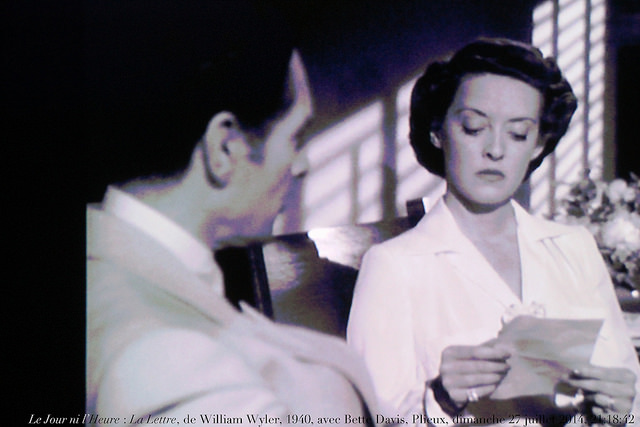
“Dear White People” keeps us checking ourselves and our society–and we white people need it. If you need some criteria to go by, you can get it here. You might be tempted to discount what you see as overblown, and Samantha White ‘s radio show as too critical and sensitive. I’d say: folks, this is what it takes to move things forward.
One character shows us the crazy zigzagging necessary to navigate the power struggle within communities on a college campus. Lionel, my favorite character centers the film–though he might be used to better effect to unify the film more. Lionel is the one who fits in absolutely nowhere, not with the nerds, the activists, the artsy types, the gays. He won’t tweak his personality, style or opinions to assimilate to the distinctions each group display to the public. His need to be accepted somewhere, anywhere, points out the lack of compassion and acceptance present in most groups.
Lionel represents the exception that proves the rules, the many, many rules that every group inflicts upon itself. Even with the massive, potentially unifying force of white racism in America (and on college campuses everywhere), quibbles and hierarchies dilute power. Lionel’s commitment to loner-hood breaks down when he agrees to report for the paper on the inner doings of a black dorm, and it is his disgust that finally splits open the racist party. He does the right thing, even though he has to do it alone.
I don’t have to be convinced that racism is alive and well in America. Racism, sexism, homo- and trans-phobia, anti-Semitism–they exist and have significant effects, if less part of polite conversation. Watching “Dear White People” shows me my own flaws as a member of the oppressed groups I’m in–feminist, atheist, fat person. Unity is elusive.
Unity eludes “Dear White People” on a lot of levels, from story to dialogue to character development. The story flips and jumps to serve an agenda, characters are inconsistent and flat. The ending offers a panacea-true love? At the same time, I wish the inner, racist workings of college administrations and racist themed parties could be labeled as over-dramatized, but current events show us they’re not. The movie puts this continued indulgence by whites of privilege insurance out there for us to see.
Yet “Dear White People” performs a similar service to America to that of Spike Lee’s “School Daze”: it tells us all WAKE UP! And keep working.
